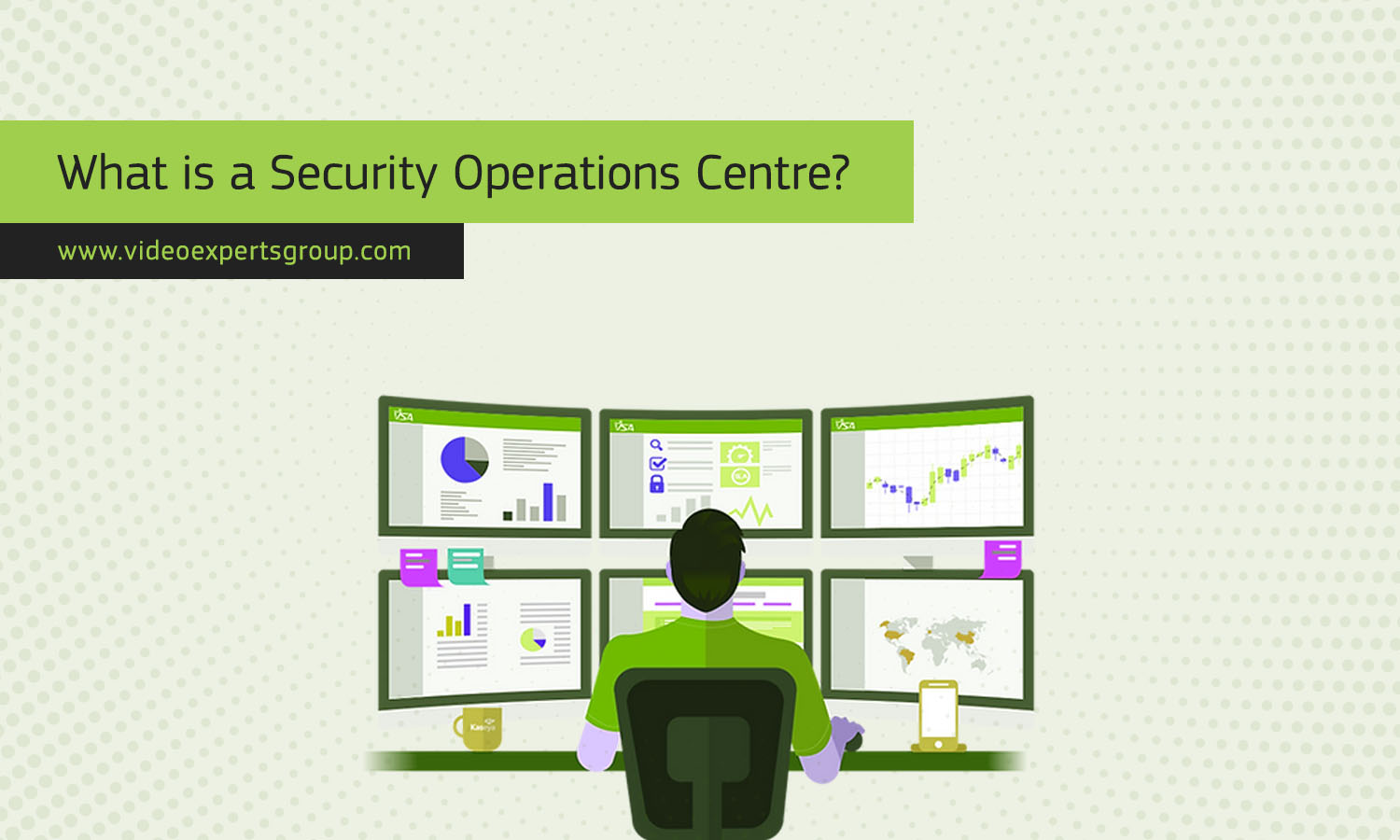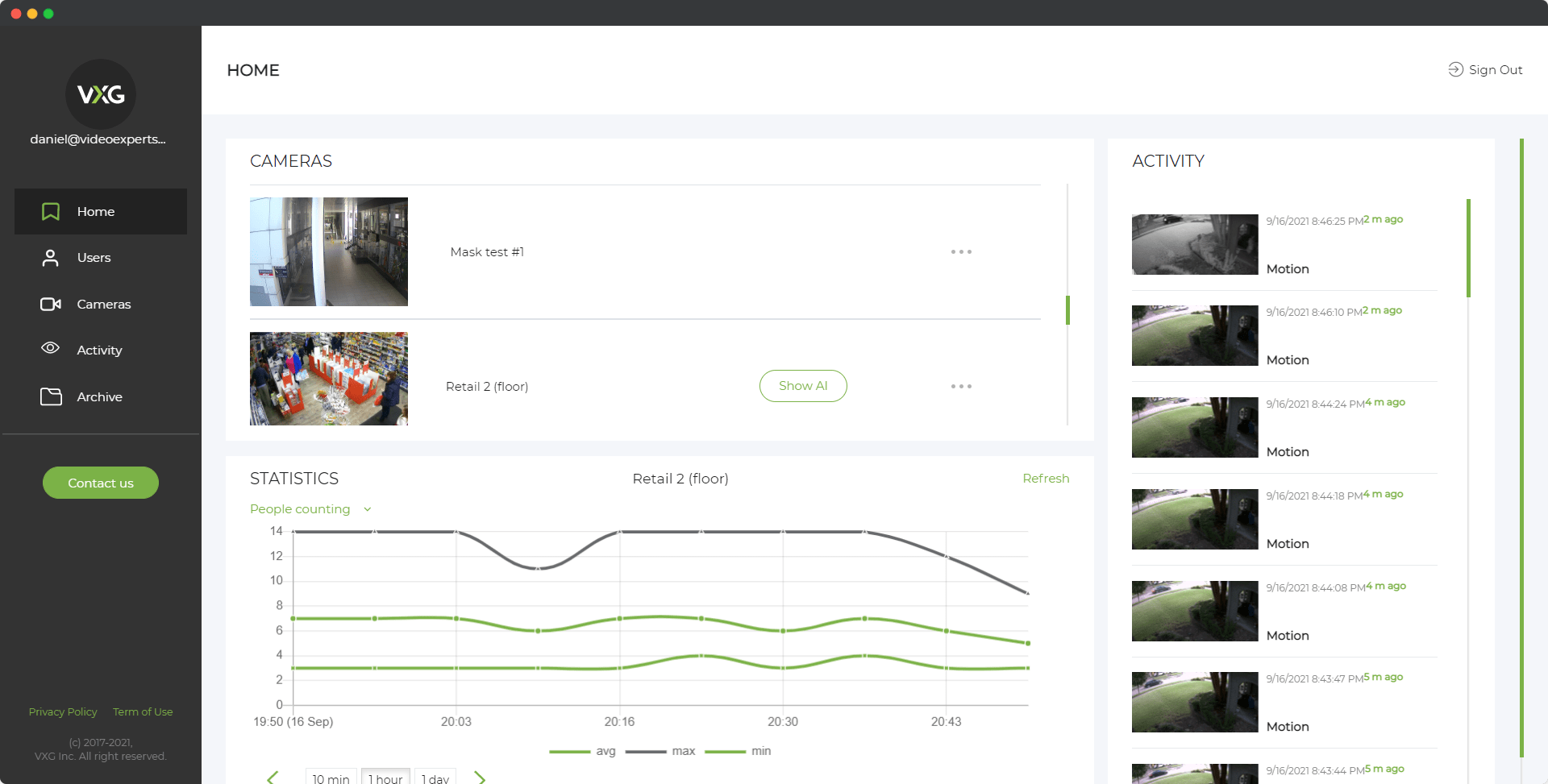In today's interconnected digital landscape, cybersecurity threats pose significant risks to organizations worldwide. To mitigate these risks, many enterprises rely on a Security Operations Centre (SOC). This centralized hub is dedicated to monitoring, analyzing, and responding to cybersecurity incidents, playing a critical role in safeguarding sensitive data and maintaining business continuity. Let's delve deeper into what a SOC entails, its key components, the roles within it, and the framework that guides its operations.
Definition
A Security Operations Centre (SOC) is a centralized unit within an organization responsible for continuously monitoring and improving the security posture of its information systems and networks. The primary goal of a SOC is to detect, analyze, respond to, and prevent cybersecurity incidents to minimize their impact on the organization.
Components
A typical SOC comprises several essential components:
- People: Skilled cybersecurity professionals, including analysts, engineers, and managers, form the backbone of a SOC. Their expertise is crucial for monitoring, analyzing, and responding to security incidents effectively.
- Processes: Defined workflows and procedures govern SOC operations. These processes include incident detection, analysis, response, and recovery. SOPs (Standard Operating Procedures) ensure consistency and efficiency in handling security incidents.
- Technology: Advanced cybersecurity tools and technologies are integral to SOC operations. These may include Security Information and Event Management (SIEM) systems, intrusion detection/prevention systems (IDS/IPS), endpoint detection and response (EDR) solutions, threat intelligence platforms, and automation tools.
- Data Sources: SOC relies on diverse data sources for monitoring and analysis, such as network traffic logs, system logs, security alerts, threat intelligence feeds, and user activity logs. Integration with various data sources enhances the SOC's ability to detect and respond to security threats effectively.
Roles and Responsibilities
In a SOC, various roles collaborate to ensure effective cybersecurity operations:
- SOC Analysts: Monitor security events, analyze alerts, investigate security incidents, and respond to threats based on established procedures.
- SOC Engineers: Maintain and optimize SOC tools and technologies, conduct security assessments, implement security controls, and develop incident response plans.
- SOC Managers: Oversee SOC operations, set strategic goals, allocate resources, manage team performance, and coordinate with other departments within the organization.
- Threat Intelligence Analysts: Research and analyze emerging cybersecurity threats, gather threat intelligence, and provide actionable insights to enhance the organization's security posture.
- Incident Responders: Lead incident response efforts, coordinate with internal teams and external stakeholders, contain security breaches, and facilitate post-incident analysis and remediation.
Framework
A well-established framework guides SOC operations, ensuring efficiency and effectiveness:
- Incident Management: Clearly defined incident management processes enable the SOC to detect, classify, prioritize, and respond to security incidents promptly.
- Continuous Monitoring: Continuous monitoring of networks, systems, and applications enables early detection of security threats and vulnerabilities, reducing the risk of successful cyber attacks.
- Threat Intelligence Integration: Integration of threat intelligence feeds enables the SOC to proactively identify and mitigate emerging threats relevant to the organization.
- Automation and Orchestration: Automation of repetitive tasks and orchestration of security processes enhance the SOC's efficiency and enable rapid response to security incidents.
- Training and Development: Ongoing training and skill development programs ensure that SOC personnel stay abreast of evolving cybersecurity threats, technologies, and best practices.
A Security Operations Centre plays a vital role in defending organizations against cybersecurity threats by maintaining continuous vigilance, rapidly detecting incidents, and orchestrating effective responses. By integrating skilled personnel, robust processes, advanced technologies, and established frameworks, SOC enhances an organization's resilience against the ever-evolving landscape of cyber threats.
















